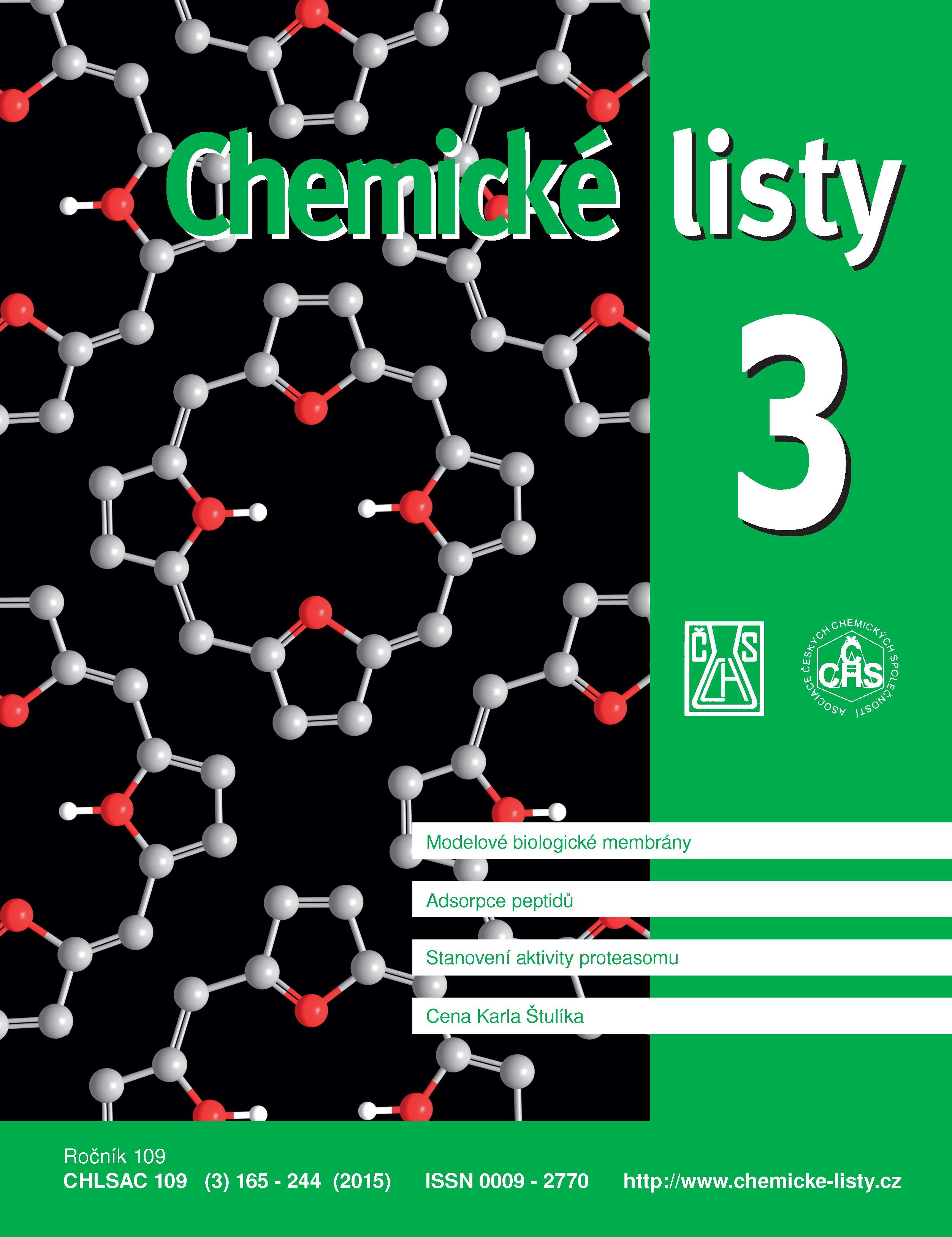Vliv pěstebních podmínek na speciaci selenu v tkáních řepky olejky
Klíčová slova:
speciační analýza, selen, řepka olejkaAbstrakt
Se speciation analyses were performed in the rapeseed plants fortified with Na2SeO3 (50 g/hectar) and in the control. Foliar application of the selenite was carried out in the vegetative phase of extensive growth. Samples of shoots were taken at the early flowering stage. The tests comprised cultivars Sitro and NK Oktans in three Bohemian agricultural regions including luvisol, brown and cambisol soils. The total Se content of was determined by inductively coupled plasma MS after pressurized microwave digestion with HNO3. Speciation analysis was performed after enzymatic hydrolysis by the nonspecific protease XIV using the on-line of reverse phase chromatography and inductively coupled plasma. The mean extraction efficiency was 32 %. Selenate, selenocystine, Se-methylselenocysteine, and one as yet unidentified species were found in extracts of control plants. In addition, the extracts of the fortified plant contained selenomethionine. The analytical data were compared using Student t-test and ANOVA. The fortification significantly increased the total Se content (0.169 mg kg–1 in control vs. 0.637 mg kg–1). The contents of individual Se species also increased; the only exception was selenate. Both cultivars did not differ either in the total Se content or in its speciation. The choice of cultivated area, although not reflected in the total Se content in plants, significantly affected the proportional representation of each species. The growing conditions and climate show a significant effect on the Se metabolism in plants.





